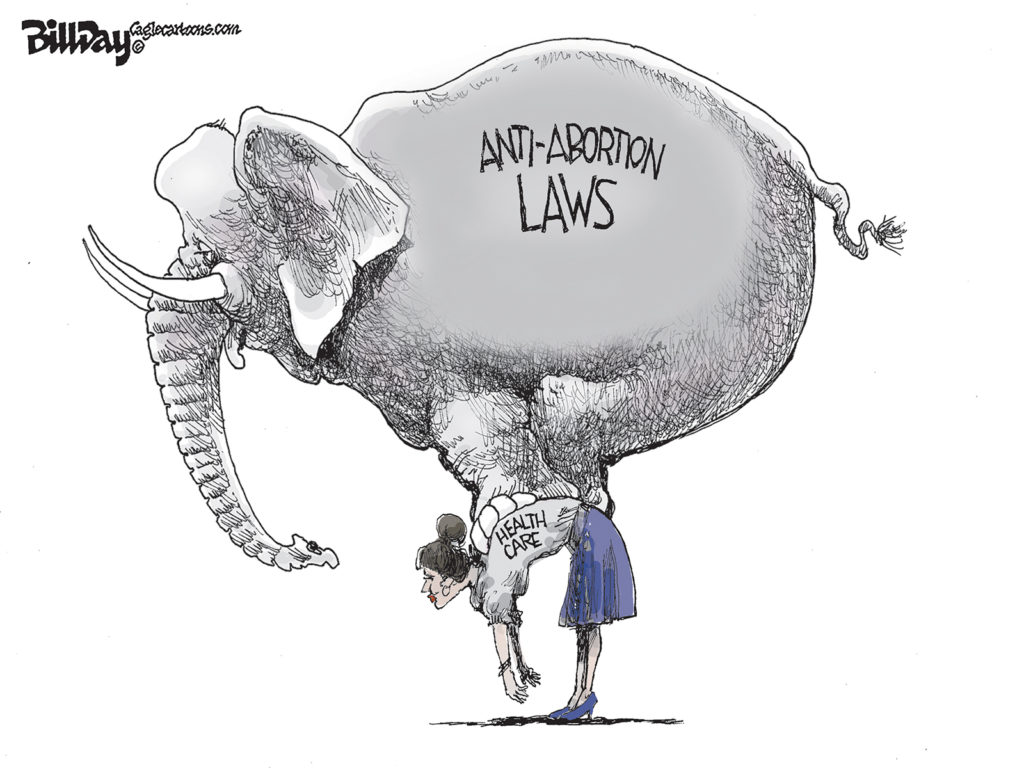When it comes to interpreting the political tea leaves, Memphis City Schools Board of Commissioners is about as good as Mid-South Fair carnies.
Repeatedly, state government tried to send nuanced messages that should have alerted the school board members that Governor Phil Bredesen was closely watching their decision on the interim superintendent’s position as an indication of whether they understand how serious things are for the 17 city schools facing state action – which can range from more teacher training to state takeover with new principals, new teachers and new autonomy – and would rise to the challenge.
Instead, it sounds like many of the board members latched on to an unconfirmed (not to mention, inaccurate) rumor that the governor had already decided that he will not take over the 17 high-priority schools that have failed to make any progress for six years. With tireless lobbying by the union, academic directors and others concerned about their jobs, the board appointed someone who all but promised that he’d do nothing important while he’s on the job.
Calling Jimmy Carter
If the board is thinking that Governor Phil Bredesen has made a decision against taking over the 17 schools, nothing could be farther from the truth. The governor has been diplomatic in saying that all options remain on the table, but moving up on that list with a bullet is the possible state takeover of the schools.
As a result of the school board’s vote for a perceived caretaker in the interim superintendent’s job, early indications from state officials are that they see it as a symptom of an inabilityby the board to provide the kind of leadership capable of dealing with the entrenched problems of these 17 schools and the thousands of city school students whose interests, they say, rarely seem to get mentioned.
From the vantagepoint of the state, it’s wasn’t just the final vote on the interim superintendent. It’s the road that the school board took to get there – missteps, overpoliticized process and lack of a businesslike approach to attracting and evaluating the best candidates for the job.
Mystery Train
Today in Nashville, officials revisited the options for Memphis, ranging from actions that nibble around the edges of the problem to the state taking over full management of the 17 schools. The discussion was marked by gnashing of teeth and deepening frustration, all of which reminds us how much Memphis remains a mystery to state government.
It almost doesn’t matter who’s serving as governor, there’s the feeling that Memphis is a third world political environment where nothing is as it appears and that regardless of the choice that they make in Nashville, it’s destined to blow up.
In its own strange way, that last notion actually encourages bolder action by the state. The logic goes like this: If things are going to blow up any way, let’s just go ahead and do whatever we think is best.
A $1 Billion Business
The renewed momentum for the governor to do something dramatic in Memphis may dissipate in the coming days, but there’s one overriding attitude in Nashville today: the Memphis School Board blew a great opportunity to prove that the state should have confidence that its members can provide the kind of leadership needed by the $1 billion public behemoth with 16,500 employees supposedly focused on the needs of 119,000 students.
Meanwhile, the district this week released the annual scorecard from No Child Left Behind, and as someone who has criticized the district’s inability to communicate its own progress, we were impressed by the energetic “spin” put on the state’s data by the communications department.
However, if you’re statistically inclined, the percentage increase of schools in good standing was 12 percent. The percentage increase of schools in high-priority status – which begins the process that can end up with state action – went up 11 percent.
Nashville
But we don’t want to be a wet blanket. The greatest satisfaction is that Memphis City Schools outperformed Nashville-Davidson County Schools. Nashville’s performance as a district landed it on the “corrective action.” That didn’t happen here.
Meanwhile, the Nashville district of 75,000 students had 34 of its schools in the high-priority category, compared to 41 Memphis City Schools in a district of 120,000.
One final note to the MCS communications department. If you are serious about our accessing a complete list of schools and their status, as your news release stated, don’t put the home page for all of state government on your release. Please give us the direct link to the No Child Left Behind data.
It’s hard enough for the public – especially parents – to get good information about their schools, so help them out when you can.



